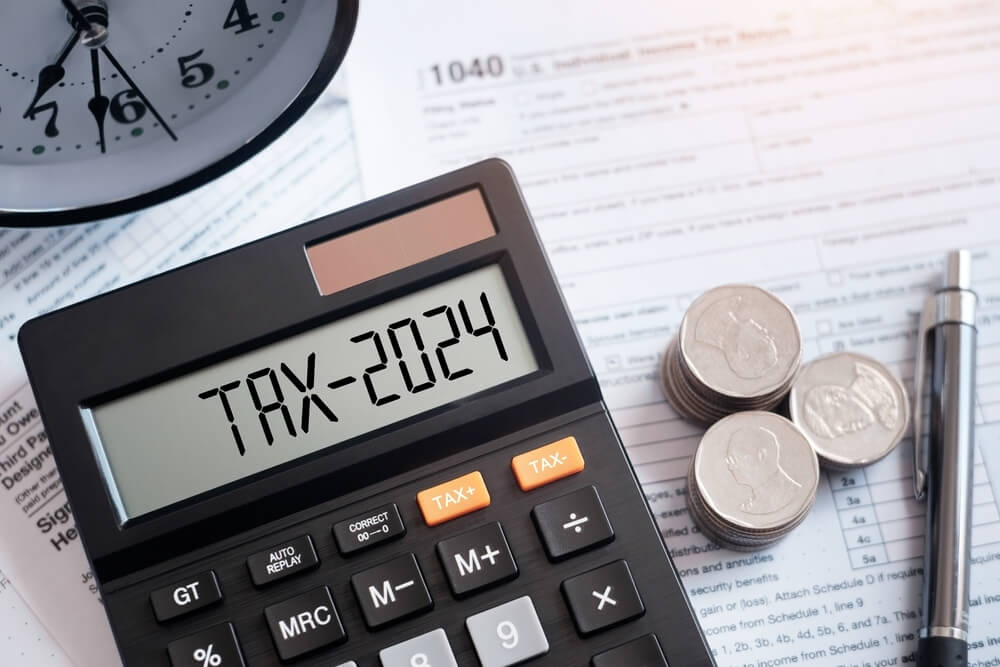For Texas residents, filing federal income tax returns for tax year 2023 follows the same general deadlines as most other states. This article provides a clear overview of when you can file your taxes in Texas and offers additional considerations to ensure a smooth filing process.
Filing Start Date
The Internal Revenue Service (IRS) began accepting electronic filings for 2023 tax returns on January 29, 2024. This applies to all taxpayers nationwide, including those in Texas. If you have all your tax documents in order, such as W-2s and 1099s (typically received by employers by the end of January), you can file early and potentially receive your refund sooner.
Federal Tax Filing Deadline
The official deadline to file your federal tax return for tax year 2023 is April 15, 2024. This applies to most taxpayers in Texas. Residents of Maine and Massachusetts have an extended deadline of April 17, 2024, due to state holidays.
Waiting to File? Important Considerations
If you choose to wait closer to the deadline, here are some key points to remember:
- Gather Tax Documents: Ensure you have all your relevant tax documents, including W-2s, 1099s, receipts for deductions (charitable donations, mortgage interest, etc.), and any other necessary paperwork.
- Filing Options: Decide if you will file electronically using tax software or utilize the services of a professional tax preparer. If you choose DIY software, some programs may not allow filing before the official season begins (typically late January).
- Estimated Tax Payments: If you owed estimated taxes throughout 2023, there might be additional deadlines to consider.
- Texas Tax Advantage: No State Income Tax
Texas offers a significant advantage to residents – there is no state income tax. This means you only need to file your federal return and any applicable local taxes.
Additional Tips for a Smooth Filing Process
- Maximize Deductions: Familiarize yourself with the latest tax deductions and credits you may qualify for. The IRS website (https://www.irs.gov/) provides a comprehensive resource for federal deductions, and the Texas Comptroller of Public Accounts (https://comptroller.texas.gov/) can guide you on local deductions. Or, you can check out our FAQs on tax deductions.
- Stay Organized: Maintain a system for storing your tax documents throughout the year. This will save you time and frustration come tax season. Wondering what documents you would need? Check this out.
- Consider Professional Help: For complex tax situations involving self-employment, significant investments, or other factors, consulting a qualified tax professional is advisable. They can ensure you take advantage of all available deductions and credits, potentially saving you money.
If you need help with your taxes, don’t hesitate to get in touch with us today.

